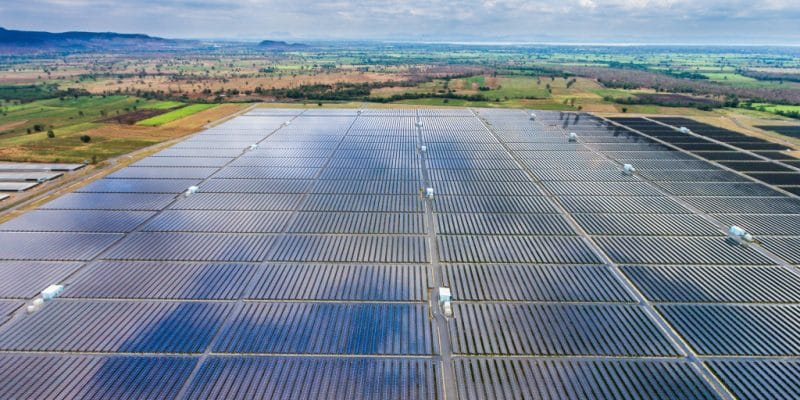The government of Niger has just signed a partnership with the "Scaling Solar" programme of the International Finance Corporation (IFC), the private sector financing arm of the World Bank Group. Through this initiative, Niger will rely on independent power producers (IPPs) to add 50 MWp of solar power to its national grid.
The International Finance Corporation (IFC) will now include Niger among the beneficiary countries of its “Scaling Solar” programme in Africa. The World Bank Group’s private sector financing arm has signed a partnership with the Nigerien government to help increase the country’s installed capacity, which is 284 MW according to the United States Agency for International Development (USAID).
In Niger, the “Scaling Solar” programme will provide the country with photovoltaic installations with a total capacity of 50 MWp. In line with the programme’s principles, the future solar power plants will be built by independent power producers (IPPs) who will work “closely” with Niger’s Ministry of Petroleum, Energy and Renewable Energies. The electricity produced will be sold to the Niger Electricity Company (Nigelec).
Accelerating electrification
According to the IFC, other subsidiaries of the World Bank Group, including the Multilateral Investment Guarantee Agency (MIGA), will support the Scaling Solar programme in Niger. “Niger aims to increase its installed electricity capacity to support economic growth and improve access to electricity for its population. To achieve this goal, the use of solar energy will be essential,” explains Mahamane Sani Mahamadou, Niger’s Minister of Petroleum, Energy and Renewable Energies.
Read also- AFRICA: universal electrification through off-grid solar mini-grids
Niger aims to produce 30% of its electricity from sustainable sources by 2035. At the same time, the West African country wants to achieve universal access to electricity. At the moment, Niger is one of the least electrified countries on the African continent with an electricity access rate of 18.8% according to the World Bank’s 2019 report.
“Scaling Solar” should thus support the electrification strategy of the government in place. For the record, this IFC programme also benefits Senegal, Togo and recently Ivory Coast in West Africa, as well as Ethiopia, Zambia and Madagascar in East Africa.
Jean Marie Takouleu






